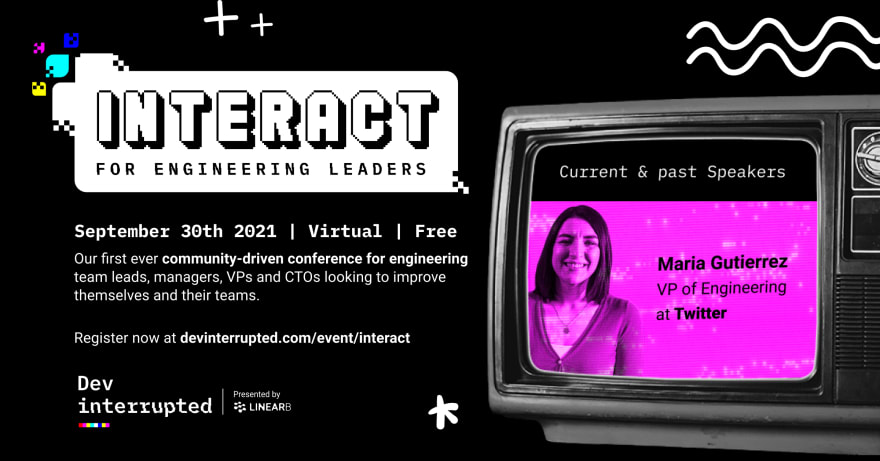Effective software teams are essential for any organization to deliver value continuously and sustainably. But how do you build the best team organization for your specific goals, culture, and needs?
In the first episode of a two-part series, Matthew Skelton and Manuel Pais, authors of the new book Team Topologies: Organizing Business and Technology Teams for Fast Flow, join Dev Interrupted to share their secrets to successful team patterns and organization design. They also discuss how to build adaptive team models capable of evolving with technological change and organizational maturity.
Both guests are DevOps leaders: Matthew coined the term “Team Topologies” and carries a Master’s Degree in Neuroscience from Oxford University while Manuel is a DevOps thought leader and co-founder of DevOps Lisbon.
Listen to the full episode
Episode Highlights Include:
The four fundamental types of teams
Why a fast flow of change should be the goal
How to achieve faster flow and more effective feedback loops
Why handoffs between teams are a bad idea
What are “stream-aligned” teams?
How to think about trust boundaries between remote teams
If you haven't already heard, Dev Interrupted is partnering with Dzone to host INTERACT: An interactive, community-driven, digital conference on September 30th - by engineering leaders, for engineering leaders. 1 day, 10 speakers, 100s of engineers and engineering leaders, all free.
Register Now
Join the Dev Interrupted Server
With over 1500 members, the Dev Interrupted Discord Community is the best place for Engineering Leaders to engage in daily conversation. No sales people allowed. Join the community >>
Originally published at https://devinterrupted.com.





Top comments (3)
I really like the bit about not performing handoffs between teams. They never seem to go well. And according to the pod, that's not just an anecdotal observation! In the interview they say something about teams only having 15% efficiency when transitioning.
Sometimes, when companies try to accomplish too many things, the work slows down. Such companies create multiple horizontal teams that solve only a fracture of a task. Multiple handoffs between these teams build up friction, the price for the project increases while its value for a customer drops. For example, my company had a contract with large business phone providers creative.onl/startupsgeek/business... that could not complete our order in time. The company that was better structured took over their job, completed the task, and went on to their next customer.
Fast flow should always be the goal. Nowadays the faster a team moves the more stable it becomes.